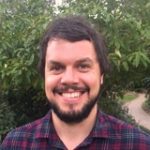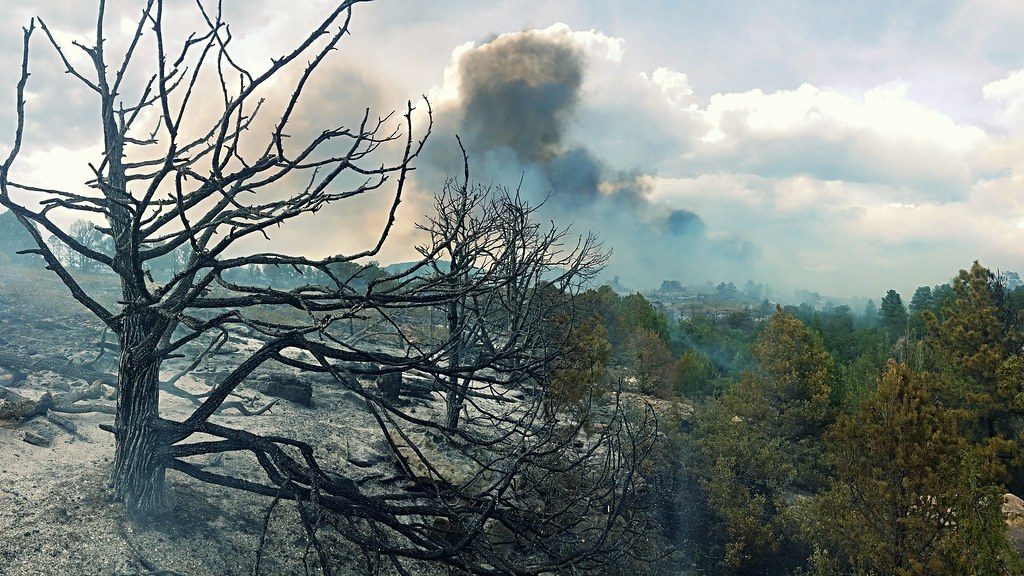Pyrodiversity: Fire and Wildlife in the Anthropocene
Speaker: Dr Luke Kelly,
Centenary Fellow, School of Ecosystem & Forest Sciences, The University of Melbourne
Fire has shaped the diversity of life on Earth for millions of years. Variation in fires continues to be a source of biodiversity across the globe and many ecosystems depend on particular patterns of fire.
Although people have been using fire to modify environments for millennia, the cumulative effects of human activities are now changing patterns of fire at a global scale in novel ways, to the detriment of biodiversity, people and the ecosystems on which all of life depends. Conservation of biodiversity under emerging fire regimes is complex because of the unique changes we are only just starting to see – including fires from the Arctic to the Amazon – and the unprecedented scale over which they may transform ecosystems. Addressing these challenges require new ways of predicting changes in ecosystems and fresh approaches to fire management.
Ecologist Dr Luke Kelly explores trends affecting fire regimes and biodiversity across the globe to identify new ways of predicting changes, capturing drivers and tipping points under future fire regimes. Join us to learn which actions will contribute to a more effective and anticipatory management of fire and biodiversity in the Anthropocene – the current geological age, distinguished by the vigorous impact of human activity on the climate and environment.
About the speaker:
 Dr Luke Kelly is a Senior Lecturer in Ecology at the University of Melbourne who enjoys contributing solutions to global conservation problems. His research interests are in ecology and evolution, biodiversity conservation and decision-making. Much of his work is focused on understanding animal and plant responses to fire and climate change. This includes doing field experiments, building models and working closely with policy makers.
Dr Luke Kelly is a Senior Lecturer in Ecology at the University of Melbourne who enjoys contributing solutions to global conservation problems. His research interests are in ecology and evolution, biodiversity conservation and decision-making. Much of his work is focused on understanding animal and plant responses to fire and climate change. This includes doing field experiments, building models and working closely with policy makers.
In 2018, Luke was awarded a Centenary Fellowship by the University of Melbourne to start new research on plants, evolutionary adaptation and global change. From 2015 – 2017, Luke was based in Spain at the Forest Sciences Centre of Catalonia while holding a Victoria Fellowship. Before that, Luke’s position was supported by the ARC Centre of Excellence for Environmental Decisions. Luke completed his PhD at Deakin University in 2011, where he studied the distribution, ecology and conservation of small mammals in the ‘mallee.’ He still loves working on mammals.







